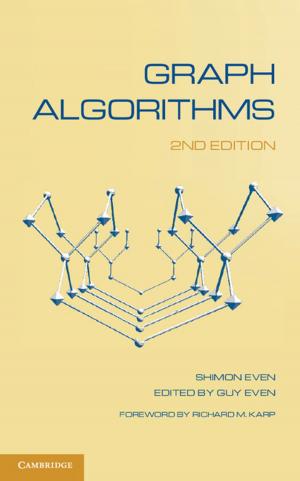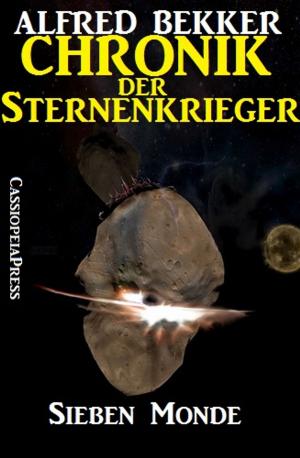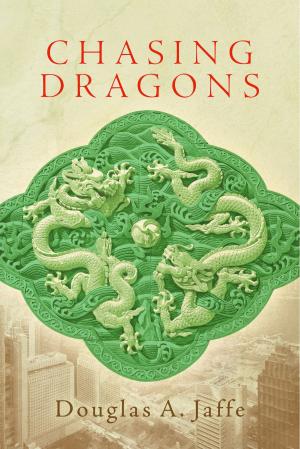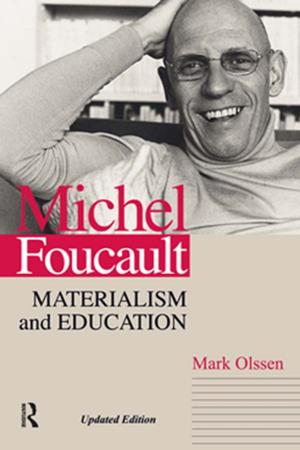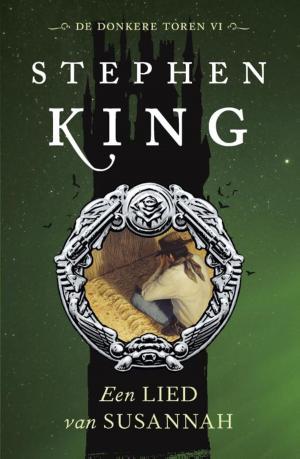The Art of Scientific Discovery
Creativity, Giftedness and the Nobel Laureates
Nonfiction, Science & Nature, Science| Author: | Juha T. Hakala | ISBN: | 9789525901436 |
| Publisher: | Ideo | Publication: | January 6, 2013 |
| Imprint: | Language: | English |
| Author: | Juha T. Hakala |
| ISBN: | 9789525901436 |
| Publisher: | Ideo |
| Publication: | January 6, 2013 |
| Imprint: | |
| Language: | English |
The book describes the scientific discovery and the nature of creative work. The creative process is covered specifically as experienced by researchers. The author's correspondence with almost 40 Nobel Prize winners provides unique material for the book. The Nobel Prize winners describe their creative processes, ways of working and the birth of their most important scientific inventions.
How the big scientific insights formed? What kind of features are
related to the scientific creativity? What kind of characteristics and conditions promote the creative process? How do such things as coincidence, motivation, or even beauty relate to the scientific discovery?
The book will also look at the history of intelligence and creativity research. What is creative talent? The different ways of valuing creativity and scientific productivity are critically assessed. Are they reliable? Examples include the peaks of science from the mathematician Ramanujan to Einstein and the other major discoverers of the 20th century.
The book describes the scientific discovery and the nature of creative work. The creative process is covered specifically as experienced by researchers. The author's correspondence with almost 40 Nobel Prize winners provides unique material for the book. The Nobel Prize winners describe their creative processes, ways of working and the birth of their most important scientific inventions.
How the big scientific insights formed? What kind of features are
related to the scientific creativity? What kind of characteristics and conditions promote the creative process? How do such things as coincidence, motivation, or even beauty relate to the scientific discovery?
The book will also look at the history of intelligence and creativity research. What is creative talent? The different ways of valuing creativity and scientific productivity are critically assessed. Are they reliable? Examples include the peaks of science from the mathematician Ramanujan to Einstein and the other major discoverers of the 20th century.



